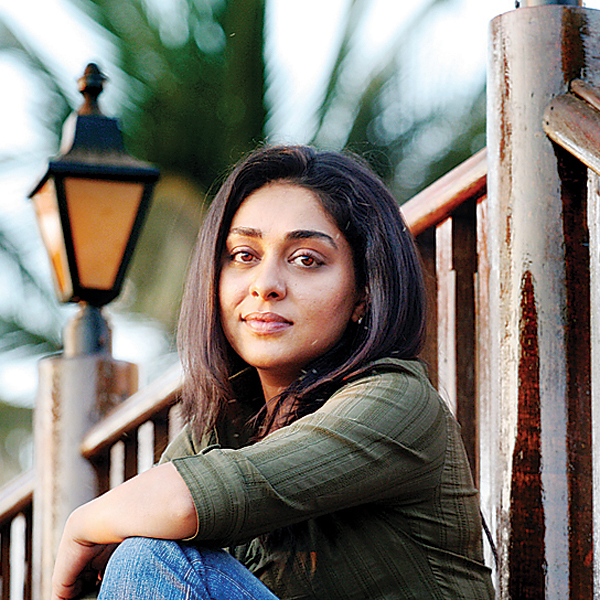
Upala KBR (DNA; September 13, 2015)
Talvar is a movie allegedly based on the Noida double murder case of Aarushi Talwar and Hemraj Banjade. Directed by Meghna Gulzar, the film stars Irrfan Khan, Konkana Sen Sharma and Neeraj Kabi. The director talks about her journey...
What inspired you to make a film on the Talwar case? Why call it Talvar (sword)?
The case is fascinating — in the sense that multiple investigations, a long-drawn trial, a verdict and a sentence have all transpired. And yet, there are many questions that still don’t have entirely convincing answers. The idea to explore this sense of unfinishedness through a film, was un-passable. The title of the film alludes to a dialogue in the film that occurs at a very poignant moment in the film — the dialogue is referring to the sword in the hand of the statue of Lady Justice.
How did you go about the casting? Was Sanjay Dutt earlier supposed to play Irrfan’s role?
As far as I know, he was the only actor approached to play the part he is playing in the film. Irrfan Khan was sent the first draft of the script even before my father was given a copy to read. And I had one meeting with Irrfan and he agreed to do the film.
Konkona Sen Sharma seems relatively young to play the role of a mother.
Konkona is a mother in real life too, isn’t she? And this is me — who’s mother (Raakhee) played Rishi Kapoor’s mother in Kabhie Kabhie when she wasn’t even 40. So I guess that’s the sensibility I come from. When an actor is an accomplished performer, physicality and age are hardly a consideration during casting. At least for me.
Apparently, Irrfan took some time before saying a yes?
Irrfan and I had one meeting. At the end of that meeting Vishalji (Vishal Bhardwaj) called to inform me that he was on board. This was in June 2013. We started filming in June 2014. And Irrfan’s commitment to the film didn’t once waver through that lapse of 1 year.
Have you shown the film to your parents?
I showed the film to my father, on his birthday. We had a technical test screening of our festival print. My mother wanted to see an unsubtitled print, which I haven’t been able to complete before leaving for Toronto. I will do that once we’re back.
When one is making a film based on a real-life story is it tough finding a balance between real-life and reel-life?
If one sets out to make a realistic and authentic film on a real-life event, you have to be as true to the facts as possible. And when the facts are gruesome, you rely on your sensibility and sense of aesthetics to decide how much to show and how to show it. Films on real-life incidents have a large chance of falling into the trap of sensationalism. All of us on Talvar were constantly aware and guarding against doing precisely that.
In Talvar, have you completely kept it as factual as the research as possible or taken cinematic liberties?
The facts and data have not been meddled with. Cinematic tools have been used to give characters more than one-dimension –– like a personal trajectory, and to enhance certain plot-points for a better screenplay graph.
While making the film were you moved at any point? Which scene affected you the most?
It is hugely draining to make a film like Talvar, one based on a real-life incident — the responsibility of recording and recreating a historical occurrence weighs down quite a bit. And when the event is a violent one, it becomes even more difficult. Filming the murder sequences were very tough. From all perspectives. I tried to be as clinical as humanly possible during the shoot of the film.
Earlier were you supposed to make the film with PNC?
Pritish Nandy had once told me, “We want to make all your films!” I gladly echoed his sentiment! We discussed around three films in the seven years between Just Married and Talvar. I believe every film charts it’s own journey, has its own destiny. And so does Talvar.